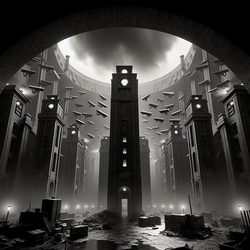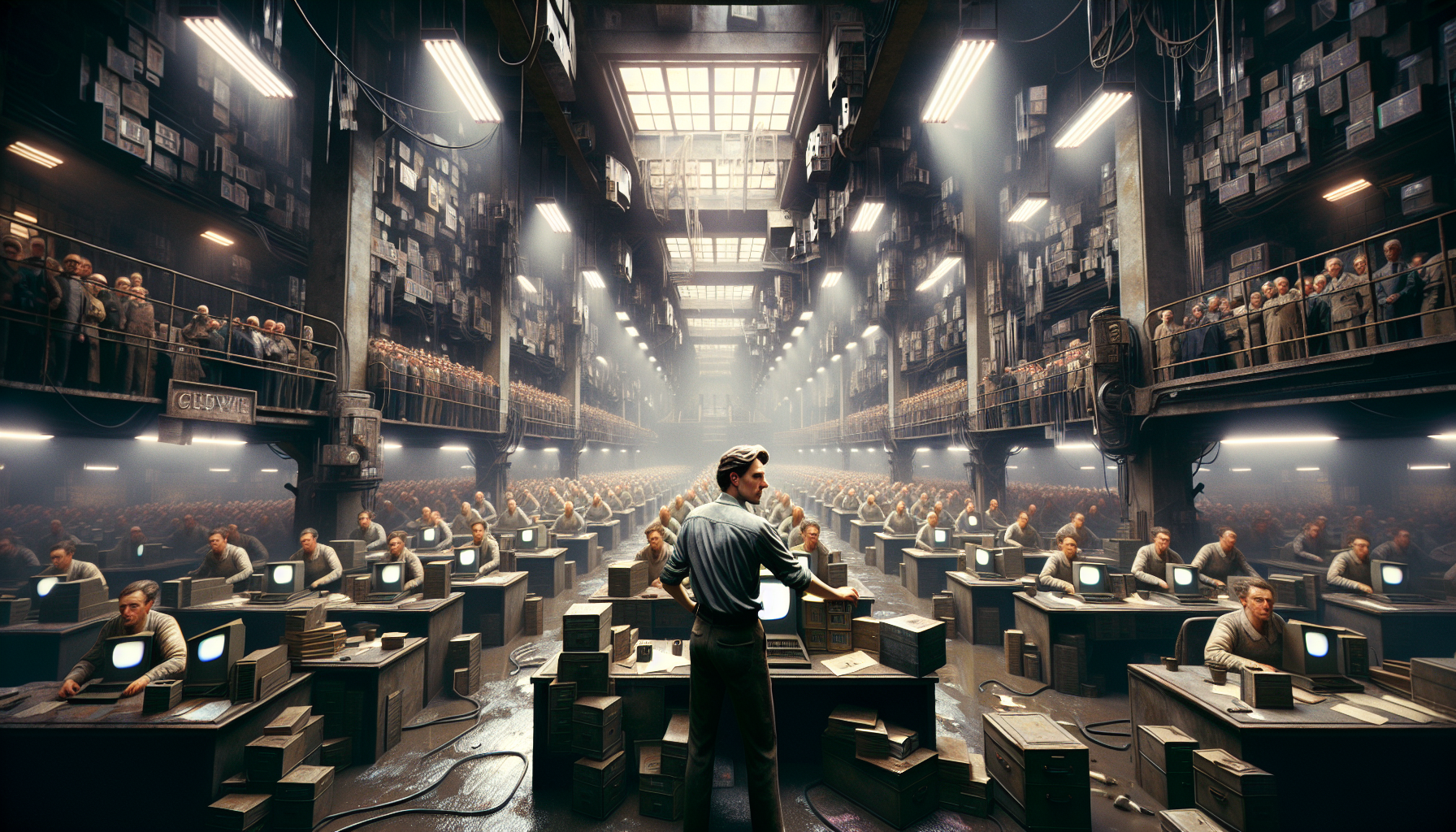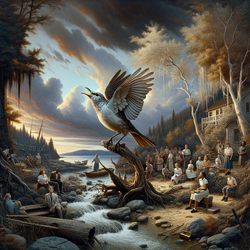
Delving into the dark and oppressive world of '1984', this article reviews Orwell’s chilling portrayal of surveillance and totalitarianism.
Introduction
'1984' by George Orwell is a cornerstone of dystopian literature, painting a bleak picture of a world consumed by propaganda and government oversight.
Basic Information
Set in a totalitarian regime, Orwell explores themes of surveillance, freedom, and truth. The novel introduced concepts such as Big Brother and newspeak, which have become part of our cultural lexicon.
Content and Analysis
The narrative focuses on Winston Smith, a man lost in the machinery of the Party, and his struggle for individual thought. Orwell's writing is stark yet profound, capturing the essence of the human spirit amidst oppression.
Personal Evaluation
Orwell's vision is terrifying because it is conceivable. As an author, I am both horrified and fascinated by the world he has created—a testament to his powerful prose.
Conclusion
'1984' remains relevant as it mirrors the ever-persistent issues of governmental control and the resilience of human will.






